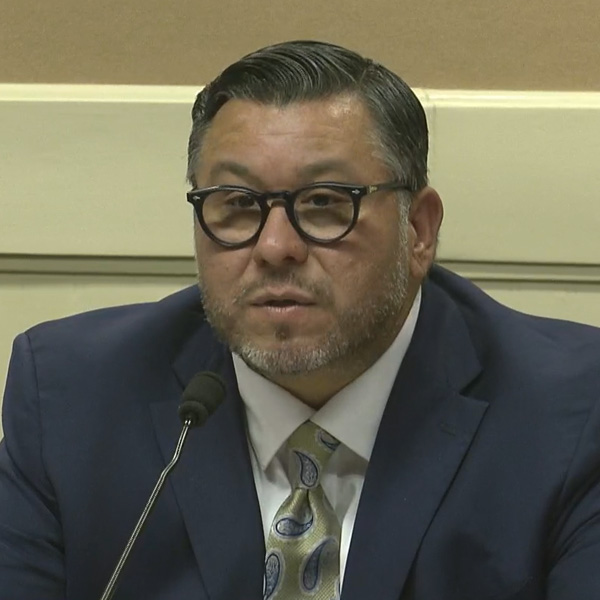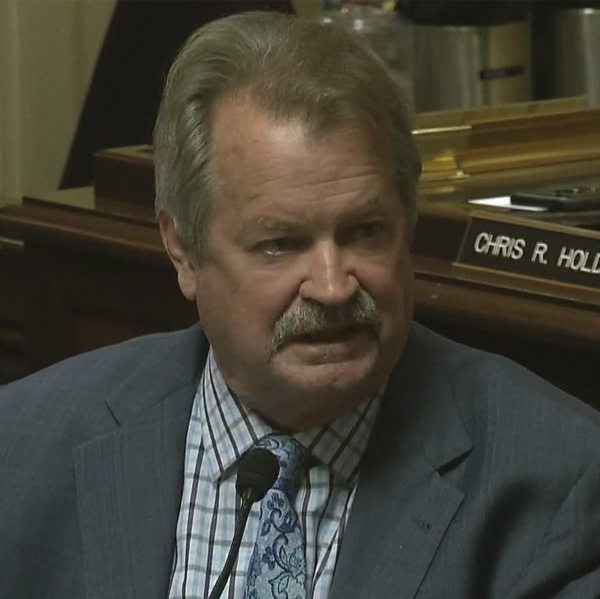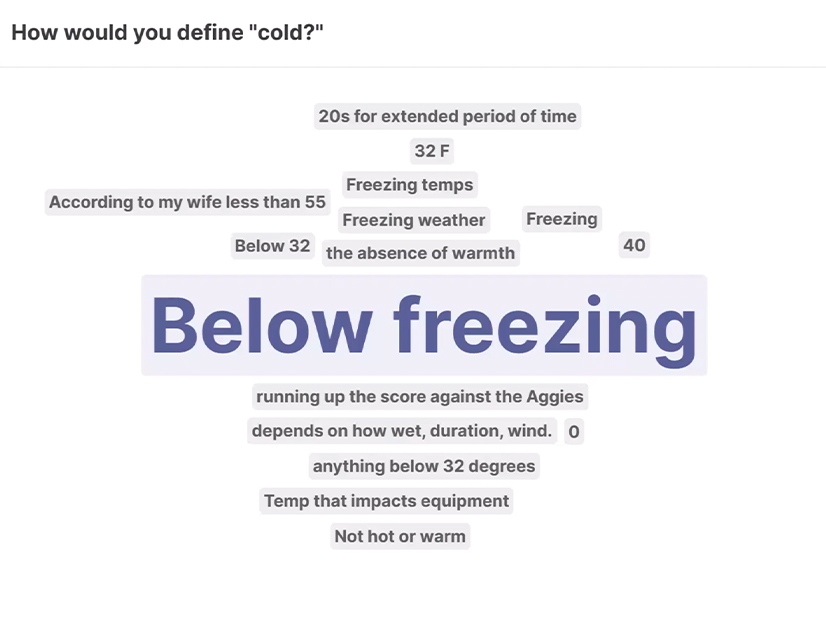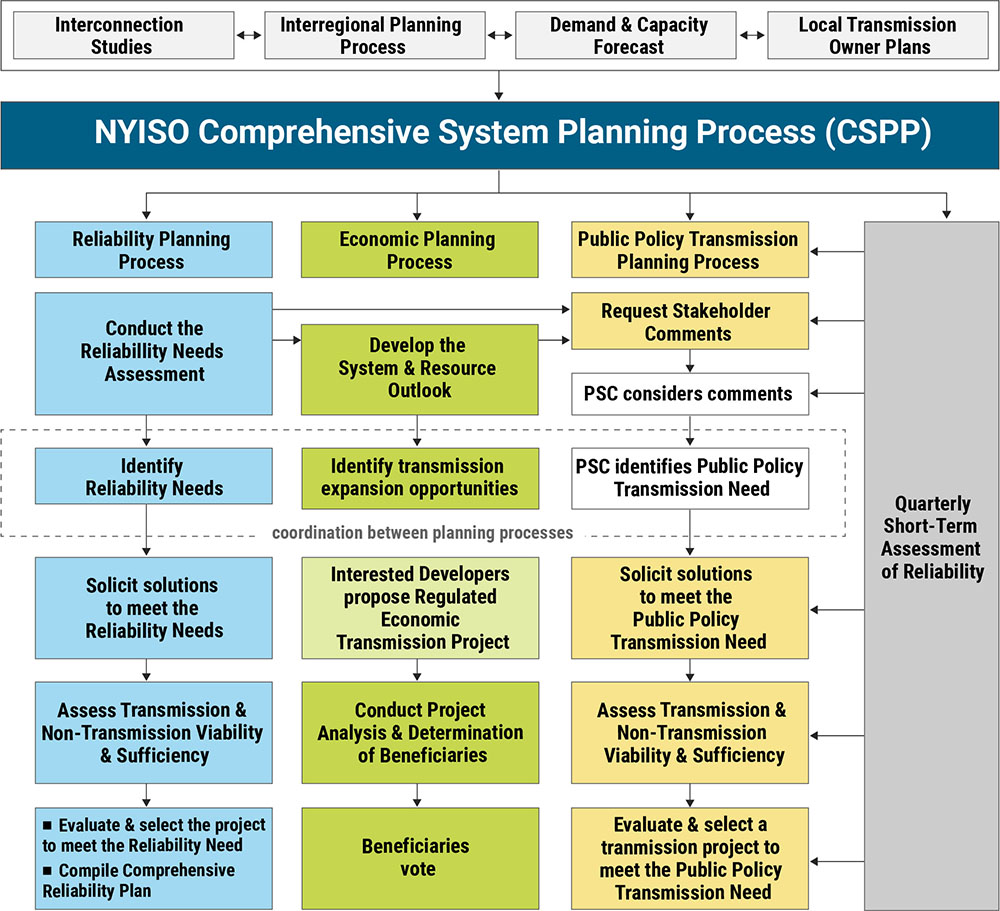California lawmakers voiced their concerns Wednesday with a bill that could eventually allow CAISO to become an RTO with a governing body independent of the state’s governor and legislature.
Assembly Bill 538, by Assemblymember Christopher Holden, had its first legislative hearing before the Assembly Utilities and Energy Committee, of which Holden is a member and former chair.
 Assemblyman Christopher Holden | California Assembly
Assemblyman Christopher Holden | California AssemblyThe committee members allowed the bill to move on to the Assembly Appropriations Committee, chaired by Holden, but only after expressing their discomfort with the measure as it is now written and seeking assurances from Holden that he would make changes going forward.
Chief among their problems with Holden’s measure was the potential lack of legislative oversight of an independent CAISO board. Another was the effect on in-state jobs. Labor unions, which wield strong political clout in California, vehemently oppose the measure because they believe it could lead to generation projects being built in neighboring states.
“We’ve really focused on the issue of the impacts on jobs and bringing the CAISO governance back to the legislature,” Committee Chair Eduardo Garcia said.
The bill remains a work in progress, and Holden has committed to “resolving a lot of the difficult points … that still need some ironing out,” Garcia said. That includes “wanting to have legislative oversight and some type of check-in.”
“To my friends in labor and others who strongly oppose this bill … there will continue to be some conversations,” he said.
 Assembly Utilities and Energy Committee Chair Eduardo Garcia | California Assembly
Assembly Utilities and Energy Committee Chair Eduardo Garcia | California AssemblyCAISO is a public benefit corporation created by the legislature in 1998. The governor appoints its Board of Governors, and the state Senate confirms them. That effectively makes all board members Californians, though it is not expressly required by statute.
CAISO’s one-state governance has been the main sticking point in regionalization efforts. California lawmakers have refused to cede control, and other Western states will not join an RTO controlled by California politicians.
Holden’s prior efforts to expand CAISO governance to include other states in 2017/18 failed because of opposition from his fellow Democrats in the legislature.
Like those efforts, AB 538 lays out a process for CAISO to develop its own proposal for independent governance without requiring legislative approval. (See Lawmaker Introduces Bill to Turn CAISO into RTO.)
“The Independent System Operator’s Board of Governors may develop and submit to the [California] Energy Commission a governance proposal,” it says. “The Independent System Operator shall provide notice and a copy of this submission to the Legislature and the Governor at the same time as it is submitted to the Energy Commission.”
The Energy Commission and the state Air Resources Board would review the governance plan, holding public workshops and providing written comments, the bill says. The commission would then submit the proposal to the governor and legislature, but the measure is silent on whether lawmakers and the governor would have final say.
AB 538 would also require the formation of a Western states committee with an equal number of representatives from states with participating transmission owners in CAISO.
“The representatives from California shall be appointed by the Governor, subject to confirmation by the Senate. The committee shall provide guidance to the Independent System Operator on all matters of interest to more than one state,” it says.
‘Another RTO’
Committee members and opponents of the measure told Holden they could not accept the lack of legislative oversight, the vague role of the Western states committee or the idea that California, which makes up about a third of the load in the Western Interconnection, might have the same number of votes as less-populated states.
 Matthew Freedman, TURN | California Assembly
Matthew Freedman, TURN | California Assembly“Under this bill, California would give up meaningful control over the California ISO, marginalize the role of its elected officials and state regulators and invite greater involvement by the federal government and hostile private interests throughout the West,” said Matthew Freedman, staff attorney with The Utility Reform Network, a ratepayer advocacy group that opposes the bill.
“If this bill passes, it’s the last bill the legislature will ever consider relating to wholesale electricity markets,” Freedman said. “The creation of a multistate RTO divests the legislature from having any ongoing role, and, in fact, you’re being asked to make yourselves and state agencies and the governor completely irrelevant.”
Proponents of the measure said it would further the 100% clean energy goals of California and other states in the West, reduce costs for ratepayers and promote reliability through centralized dispatch operations.
 Jan Smutny-Jones, Independent Energy Producers Association | California Assembly
Jan Smutny-Jones, Independent Energy Producers Association | California AssemblyThey noted that circumstances have changed substantially in the five years since Holden’s prior attempts to make CAISO a multistate RTO.
The West has experienced strained supply during extreme weather, including blackouts and near misses the past three summers in California. More states, cities and utilities have adopted 100% clean energy goals like California’s, requiring new transmission to move wind and solar power long distances. And two states, Nevada and Colorado, enacted requirements that their major transmission owners join RTOs by 2030.
They also noted that SPP is planning to establish a Western version of its Eastern Interconnection RTO, called RTO West.
“There is another RTO forming in the West, and you need to be aware of this,” Jan Smutny-Jones, CEO of the Independent Energy Producers Association, told committee members. “It’s called the Southwest Power Pool, out of Little Rock, Arkansas. They’re aggressively working in our neighboring states to try to get them to join their RTO. This will be a different RTO than the one that would be built by the ISO.”
SPP also has the Western Energy Imbalance Service and is developing Markets+, a program with a day-ahead market. The development of Markets+ and an SPP RTO could erode CAISO’s successful Western Energy Imbalance Market, because participants in SPP’s markets will not want to be in both, Smutny-Jones said.

